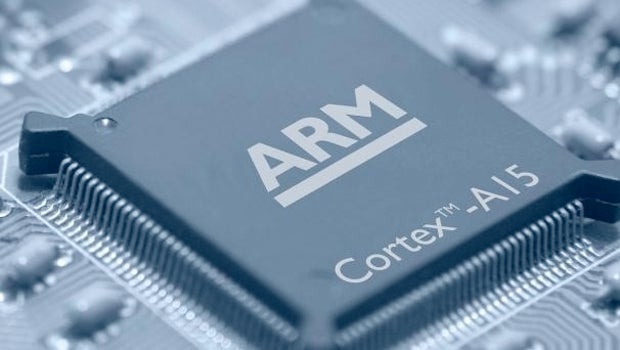ARM turns hand to software to power Internet of Things devices

ARM, the British semiconductor designer, has announced it is working on a new operating system to run on the next-generation of connected devices.
The firm’s forthcoming platform, dubbed the ‘mbed OS’ is being designed to require very little power and memory in order to run and will appear on devices containing the ARM Cortex-M chip designs.
ARM believes that the OS, which will be free to developers, will help prevent fragmentation within the blossoming ‘Internet of Things’ sector, however the mbed OS code will not be compatible with Intel-based devices.
The company plans to offer access to the code to device makers by the end of 2015, with the first pieces of hardware going on sale in early 2015.
As well as the basic mbed OS, ARM also plans to offer an mbed Device Server platform that will enable its partners to easily harness the data collected by the various IoT devices expected to become more and more prominent in years to come
“Deploying IoT-enabled products and services requires a diverse set of technologies and skills to be coordinated across an organization,” said Simon Segars, CEO, ARM.
“ARM mbed will make this easier by offering the necessary building blocks to enable our expanding set of ecosystem partners to focus on the problems they need to solve to differentiate their products, instead of common infrastructure technologies. This will accelerate the growth and adoption of the IoT in all sectors of the global economy.”
Read more: Internet of Things is more than just smartwatches and thermostats


